I have been thinking a lot about destiny lately. Whenever people hear the story of how my husband and I came to be together, they say something to the effect of, “It’s like you were fated to be married!” When I describe my 180-degree career shift from social worker to florist, I get, “It was always what you were supposed to do!” And there is the inevitable, “This was absolutely meant to be!” concerning the subject of my finally becoming a mother. Having said all that, and acknowledging that my life feels nothing short of wondrous at times, I am not actually sure I believe in destiny. I think what I mostly believe in is making choices. As a person with some fairly significant control issues, I battle with the notion that things are in any way preordained. When confronting a particularly challenging set of circumstances, the concept of life unfurling “just as it should,” and according to some magical plan beyond my comprehension, sounds amazing. I assert there is some truth to this - I have an indistinct sense that everything always “works out in the end.” But I feel strongly that I have a hand in crafting the result and that, depending on the situation, my influence is anywhere from 85-99% of it. The remaining 1-15% (author’s note: these numbers are not rooted in any scientific process) I suppose is some amalgamation of karma (at least my white, Jewish, suburban notion of karma) and dumb luck. I never said it was sexy.
My husband and I have a really good thing going. For his part, he is lovely, bright, thoughtful, totally friggin’ hilarious and a very involved father. We share the same life goals, appreciate almost all the same cultural phenomena and have similar values around politics, social justice and generally how we want to function in the world. How I landed him seems like magic, but the bottom line is I chose him.
We first met at summer camp, as teenagers. Flash forward 17 years and we ended up married with a ridiculously adorable infant daughter. This story is so ripe for the “meant to be” trope, it’s virtually impossible to resist. And as much as I would like to wrap it up in a tidy bow, it feels critically important to appreciate how pro-active we both had to be to get here:
1) How I knew Michael in the first place: As a child, I chose to participate in a Labor Zionist youth movement that offered a sleep-away summer camp. Believe me, this is a highly specific choice.
2) How I was in a position to date him: At age 34, I chose to leave my first marriage, recognizing that I had made a mistake.
3) How we reconnected: I chose to reach out to him on Facebook, hoping we still might have some things in common.
4) How the relationship developed: I chose to pursue our connection, despite being separated by 3000 miles. I then chose to move across the country to give it a real chance.
5) How we were married: I chose to make a life with someone that I not only loved but who treated me with respect and with whom I was a great match.
Don’t get me wrong: there was and is all manner of getting the vapors and birds chirping and stars trailing across the night sky. However, the bones of what we have done and what we are doing together are the minute and monumental choices. The future of our relationship depends entirely on these choices. Are we going to be kind to one another? Are we going to listen? Are we going to stick around when things get tough? Are we going to share domestic responsibilities . . . some of this is HUGE and some of it seems so piddly, I realize. I would argue that every little choice piles onto the heap that tips the scales in favor of a partnership.
I was fortunate that someone like Michael was available for my choosing when I was ready. It was also providence that our timing worked out just right. But almost everything since has been instrumental and emotional elbow grease.
Chance has also played a role in my career. I have been “lucky” to have a supportive husband, willing to bear the risk of my starting a business (and doing so smack in the middle of a global financial crisis!). But I chose to leave a stable, essentially recession-proof career to go out on my own. And every day I choose not to go back to a more secure position that carries fancy health benefits, so that I might create something more meaningful for myself.
The miniature cherub that lives in our home? When it comes to her, things get a bit more complicated. The relevant choice is that I decided to pursue and endure fertility treatments when it became clear that we would not have a child without assistance. The staggering fortune is that it worked, and we had a healthy child. Speaking of staggering fortune, we were also lucky to have the resources at our disposal for the procedures. I will also say that had it not worked, I would have chosen among many other (equally taxing) options to have a child, all of which involve a healthy dose of rolling the dice. Soon enough, we will be confronted with this crazy fusion of intention and chance if we decide to expand our family again.
The things of which I am most proud in my life — marriage, work, baby — have required a combination giving it up to the fates and making the arduous decisions of a warrior. It gives me great solace to imagine that I am the author of my own future and that I don’t have to wait for “blessings” to be happy. The good news is that means we can all change our lives for the better . . . it simply starts with choosing to believe that it’s feasible.



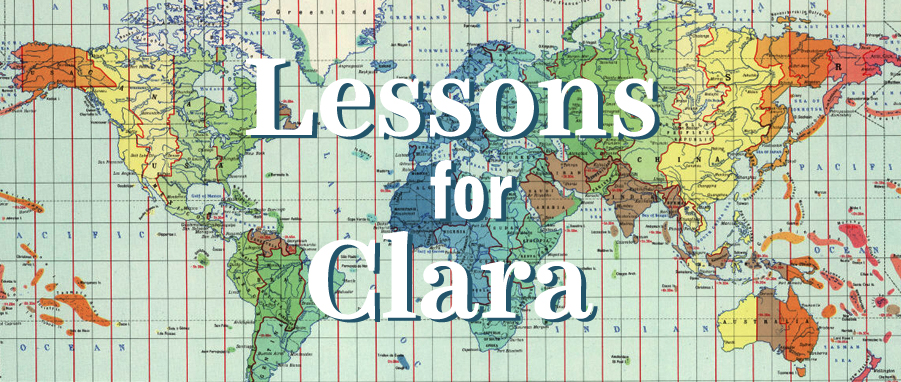












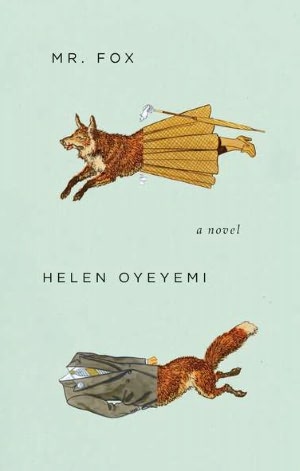


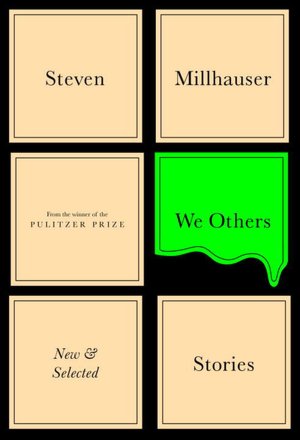
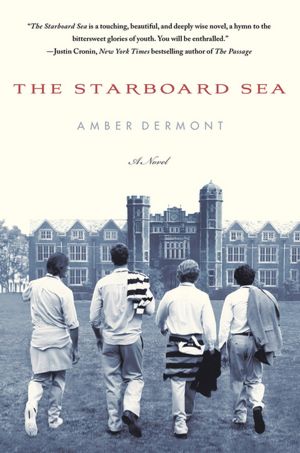
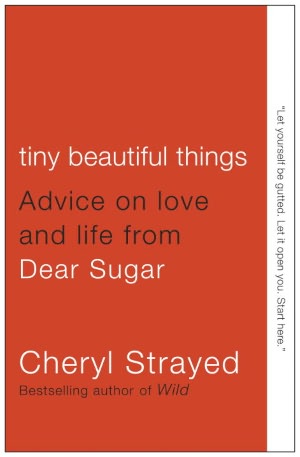




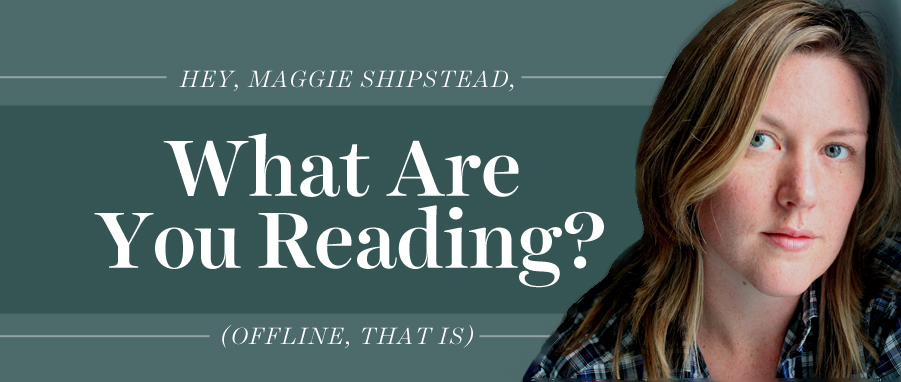
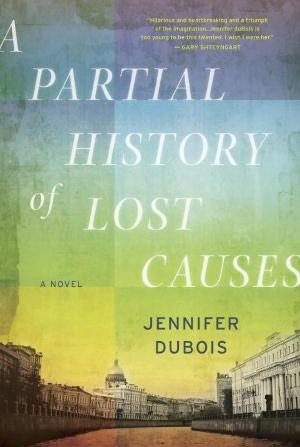
 Telegraph Avenue by Michael Chabon
Okay, so maybe this won’t actually be released until September, but a friend scored an advance copy for me back in the spring. Sweeeet! The novel follows two families living on the seam between Oakland and Berkeley, one white, one black. The wives are partners in a midwife practice, and the husbands own a record store. Chaos ensues. This is a fat, meaty, absorbing book, jammed with off-kilter characters and happenings and with Chabon’s signature riffs on pop culture.
Telegraph Avenue by Michael Chabon
Okay, so maybe this won’t actually be released until September, but a friend scored an advance copy for me back in the spring. Sweeeet! The novel follows two families living on the seam between Oakland and Berkeley, one white, one black. The wives are partners in a midwife practice, and the husbands own a record store. Chaos ensues. This is a fat, meaty, absorbing book, jammed with off-kilter characters and happenings and with Chabon’s signature riffs on pop culture. The Honourable Schoolboy by John LeCarré
I’m a big fan of LeCarré, especially his Cold War novels. This novel falls between Tinker, Tailor, Solider, Spy (best title ever) and Smiley’s People in a trilogy about George Smiley’s pursuit of his KGB nemesis Karla. Just on a language level, LeCarré is an amazing stylist—a very, very, very fine writer who is extremely nimble within the omniscient point of view—but he’s also a master at assembling complex plots and setting them spinning in a perfectly rendered, dreary-yet-fascinating, invisible spy world.
The Honourable Schoolboy by John LeCarré
I’m a big fan of LeCarré, especially his Cold War novels. This novel falls between Tinker, Tailor, Solider, Spy (best title ever) and Smiley’s People in a trilogy about George Smiley’s pursuit of his KGB nemesis Karla. Just on a language level, LeCarré is an amazing stylist—a very, very, very fine writer who is extremely nimble within the omniscient point of view—but he’s also a master at assembling complex plots and setting them spinning in a perfectly rendered, dreary-yet-fascinating, invisible spy world. Look At Me by Jennifer Egan
I’ve been meaning to buy this novel forever, and finally it appeared in front of my face at the right moment at the right bookstore (Books Inc. in San Francsico). One of the many things I admire about Egan’s writing is that she’s always experimenting with form and daringly fills her books with unexpected twists. In Look At Me, a model comes out of a car crash with eighty screws in her face, not disfigured but undeniably altered, and must figure out how her place in the world has also changed. That would be story enough, but other characters take turns behind the narrative wheel as well: a high school golden boy turned unhinged history professor, an outwardly plain teenage girl with a reckless streak, and a private eye, to name a few.
Look At Me by Jennifer Egan
I’ve been meaning to buy this novel forever, and finally it appeared in front of my face at the right moment at the right bookstore (Books Inc. in San Francsico). One of the many things I admire about Egan’s writing is that she’s always experimenting with form and daringly fills her books with unexpected twists. In Look At Me, a model comes out of a car crash with eighty screws in her face, not disfigured but undeniably altered, and must figure out how her place in the world has also changed. That would be story enough, but other characters take turns behind the narrative wheel as well: a high school golden boy turned unhinged history professor, an outwardly plain teenage girl with a reckless streak, and a private eye, to name a few. Arcadia by Lauren Groff
I will always be obsessed with a short story of Groff’s that was in the 2007 volume of The Best American Short Stories and is called “L. Debard and Aliette.” The opening is set in New York in 1918 as a flu epidemic erupts and an Olympic champion teaches a girl recovering from polio to swim and, eventually, to do sexier things. The story is retelling of Eloise and Abelard and has a mesmerizing dreaminess to it that I’m also loving in Arcadia, which begins in a hippie commune in the 70s and, the reviews tell me, progresses all the way into the future. Groff’s writing has a matter-of-fact lyricism that allows her to write about very strange things very naturally and with apparent effortlessness.
Arcadia by Lauren Groff
I will always be obsessed with a short story of Groff’s that was in the 2007 volume of The Best American Short Stories and is called “L. Debard and Aliette.” The opening is set in New York in 1918 as a flu epidemic erupts and an Olympic champion teaches a girl recovering from polio to swim and, eventually, to do sexier things. The story is retelling of Eloise and Abelard and has a mesmerizing dreaminess to it that I’m also loving in Arcadia, which begins in a hippie commune in the 70s and, the reviews tell me, progresses all the way into the future. Groff’s writing has a matter-of-fact lyricism that allows her to write about very strange things very naturally and with apparent effortlessness. The Cat’s Table by Michael Ondaatje
I love ships and the ocean and Michael Ondaatje’s books, so I see no reason why I won’t love this book. It’s about an eleven-year-old boy traveling from Sri Lanka to England on an ocean liner, and I think it’s going to be beautiful.
The Cat’s Table by Michael Ondaatje
I love ships and the ocean and Michael Ondaatje’s books, so I see no reason why I won’t love this book. It’s about an eleven-year-old boy traveling from Sri Lanka to England on an ocean liner, and I think it’s going to be beautiful.
















